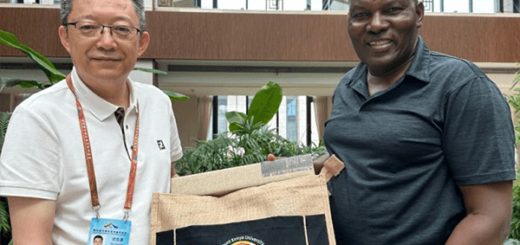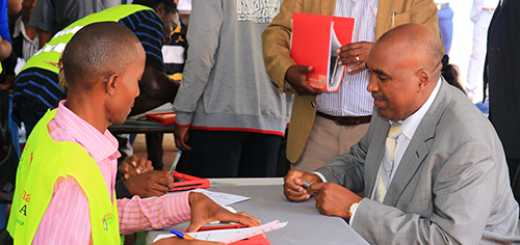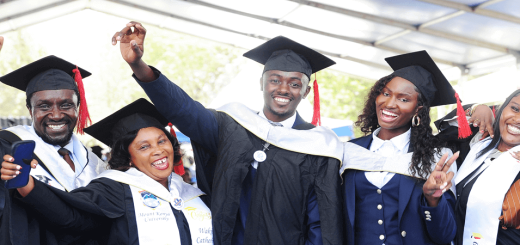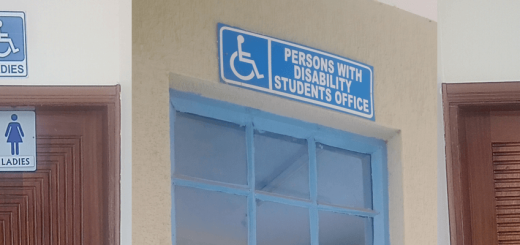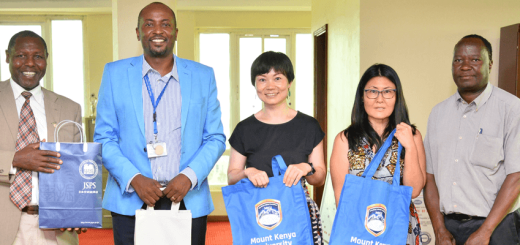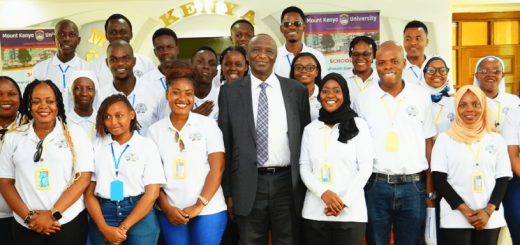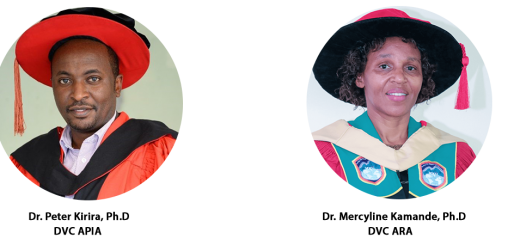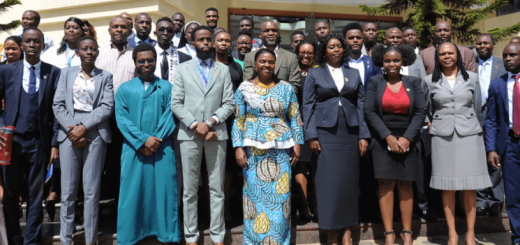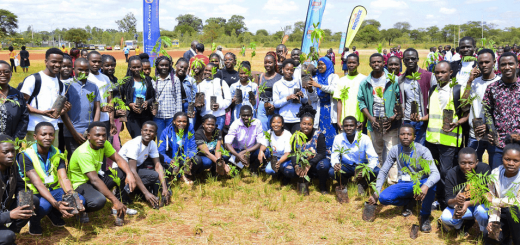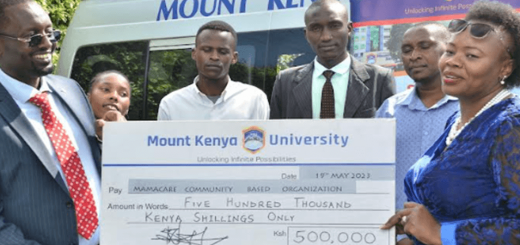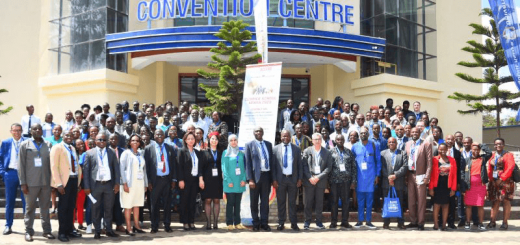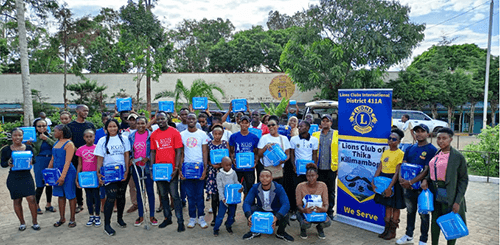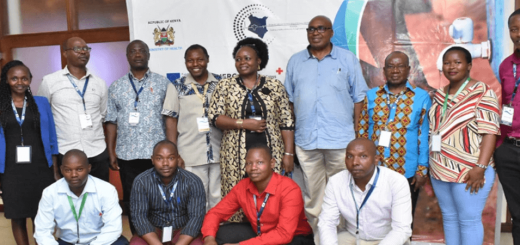MKU Hosts Inaugural Coastal Regional Research Workshop on the Blue Economy
Mount Kenya University (MKU) Mombasa campus successfully hosted the Coastal Regional Research Workshop 2025, focusing on Research, Entrepreneurship & Innovation for a Resilient Blue Economy. The workshop is part of the university’s strategic plan (2025-2029) to decentralize research dissemination, ensuring that MKU campuses respond to regional challenges through research and innovation.
The event, organized by MKU Mombasa Campus and Malindi Open, Distance and e-Learning (ODeL) Centre, brought together researchers, students, and industry stakeholders to explore sustainable solutions within the coastal region. The campus will be hosting its Annual Research Conference in 2026, with different regions playing key roles in fostering research and innovation.

The Chief Guest: Mr. Stanley Chai, Secretary, Shipping & Logistics, Blue Economy Office, Executive Office of the President provided a detailed overview of Kenya’s Blue Economy strategy, highlighting:
- The economic potential of Tuna fishing, which is worth USD 20 billion globally, yet Kenya underutilizes its Indian Ocean resources.
- The need for improved maritime infrastructure to support deep-sea fishing and reduce dependency on imported fish products.
- Opportunities for MKU to offer legal training in marine laws, particularly in piracy, illegal fishing, and maritime dispute resolution.
Dr. Mercyline Kamande, the Deputy Vice-Chancellor (Academic & Research Affairs) encouraged students to translate their research into marketable innovations, noting that MKU is at the forefront of job creation through research, innovation, and sustainability in the Blue Economy. She also announced that the Annual Research Conference 2025 will be hosted at MKU Nakuru Campus, incorporating other MKU campuses from the Rift Valley, Western, and Nyanza regions.
Dr. Henry Yatich, Principal, College of Graduate Studies and Research reaffirmed the university’s commitment to research funding, announcing:
- The university has set aside KES 30 million in research grants to support faculty research, conference participation, and publication in peer-reviewed journals for the year 2025. Out of this, KES 20 million will fund school-based research grants, with also dedicated funding for master’s and PhD students research component alongside the schools research proposals.
- Continued support for student innovation projects, including partnerships such as Africa Meets Bavaria (Germany), AGEA Business Idea Competition (Leipzig-Germany), and Enrich Africa’s EU-AU collaboration from South Africa.
- The DAAD-funded ACCESS 2.0 project, which will provide annual business competition and boot camp opportunities for students from 10 partner universities in Kenya.
Dr. Wamalwa, the campus director commended partners such as Ajira Digital, Swahilipot and Close the Gap for their support. He emphasized the importance of leveraging Blue Economy opportunities to address regional challenges and promote student-led research and innovation. He also lauded the Vice-Chancellor’s Research and Innovation Grant, which supported the inaugural workshop.
Key Presentations and Research Highlights:
The workshop featured insightful presentations from students, researchers, and industry experts, including:
- Ajira Digital emphasized the role of digital skills in supporting entrepreneurship, highlighting ongoing training and job opportunities for youth in Mombasa.
- Maji ni Uhai Project by Victoria Chebet (BBIT student, MKU Mombasa) addressed marine pollution management in the coastal region.
- Eco-Print Generation, a startup by Gabriel Njuki (BBIT student, MKU Mombasa), showcased an innovative approach to recycling plastics into 3D teaching aids. The startup, now two years old, has secured an investor award of KES 4.1 million and generated KES 910,000 in sales in 2024.
- Machine Learning for Coastal Ecosystem Monitoring by Philip Bitok (ICT student, MKU Mombasa) explored AI-based solutions for tracking hydrogen sediment infiltration and marine fauna along Kenya’s coast.
- Maritime Logistics and the Blue Economy by Dr. Conrad Ochego highlighted how enhanced shipping and logistics infrastructure can drive sustainable economic growth in the region.
The workshop concluded with a call to action for researchers, students, and policymakers to collaborate in developing innovative solutions for sustainable Blue Economy growth in Kenya.

